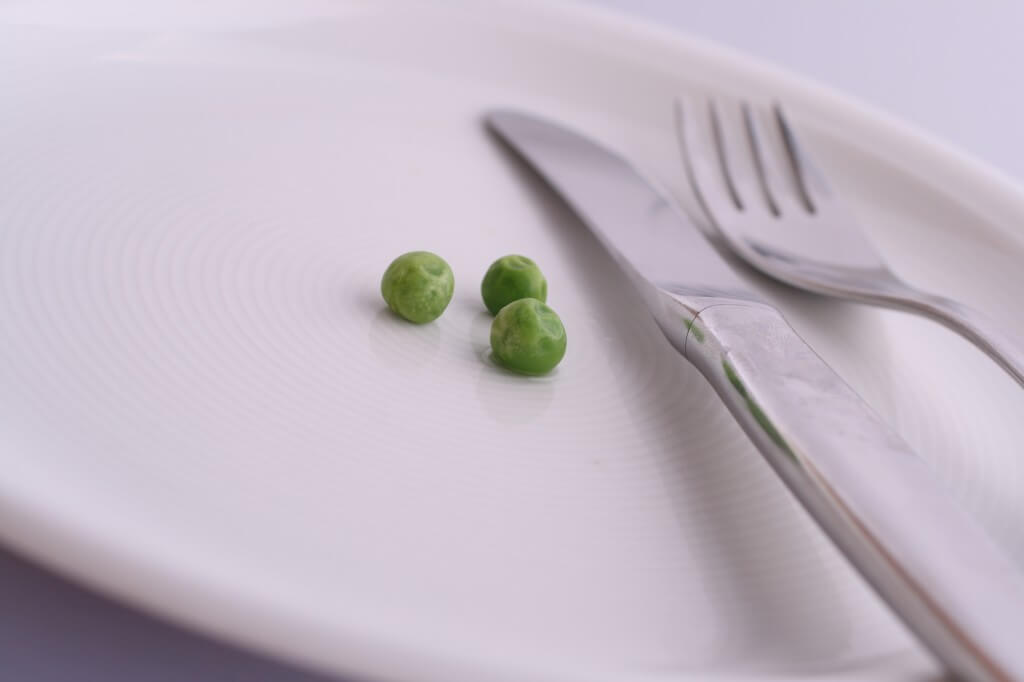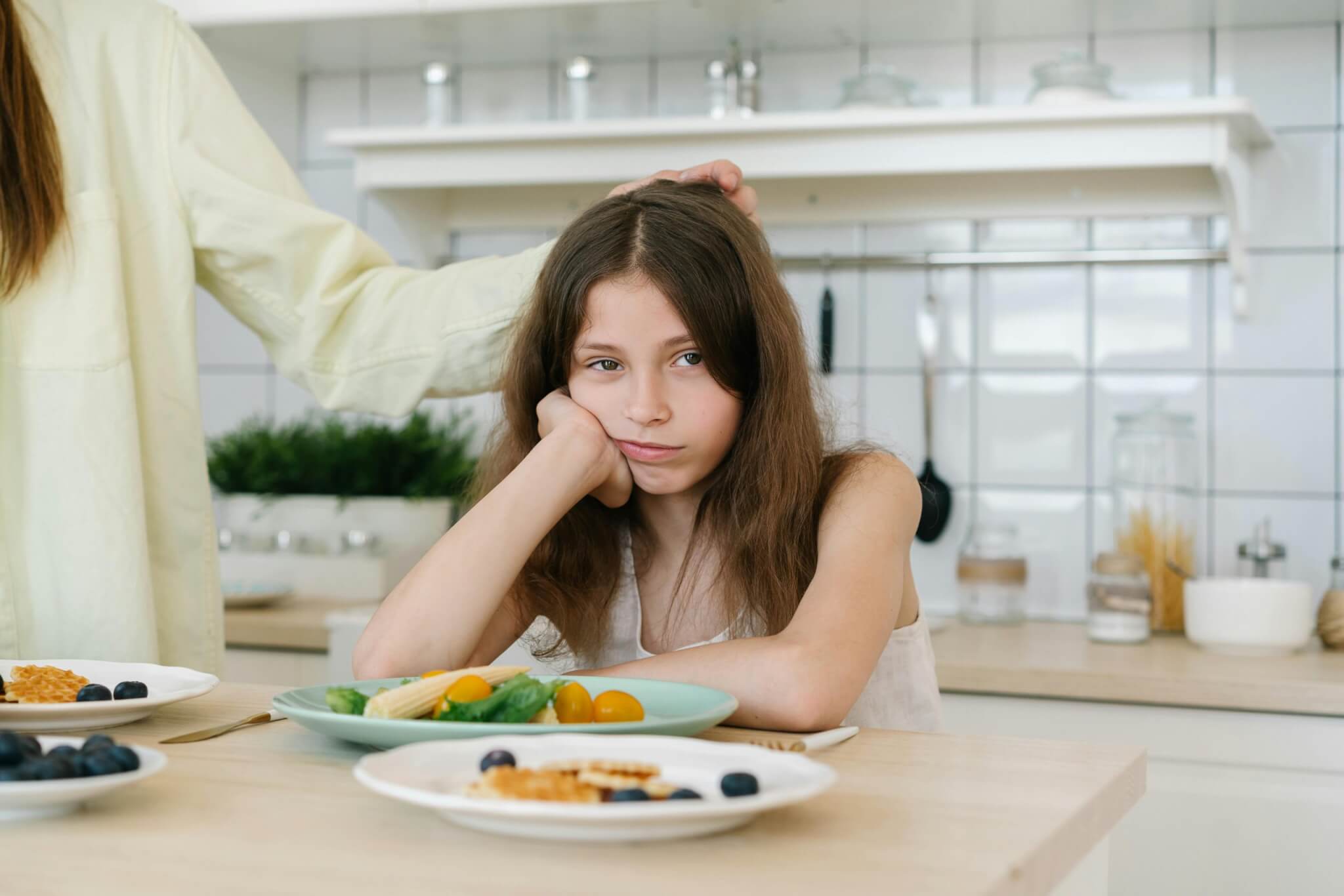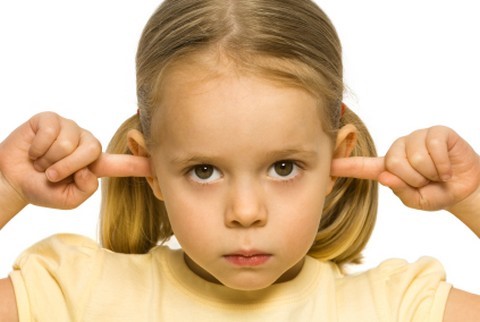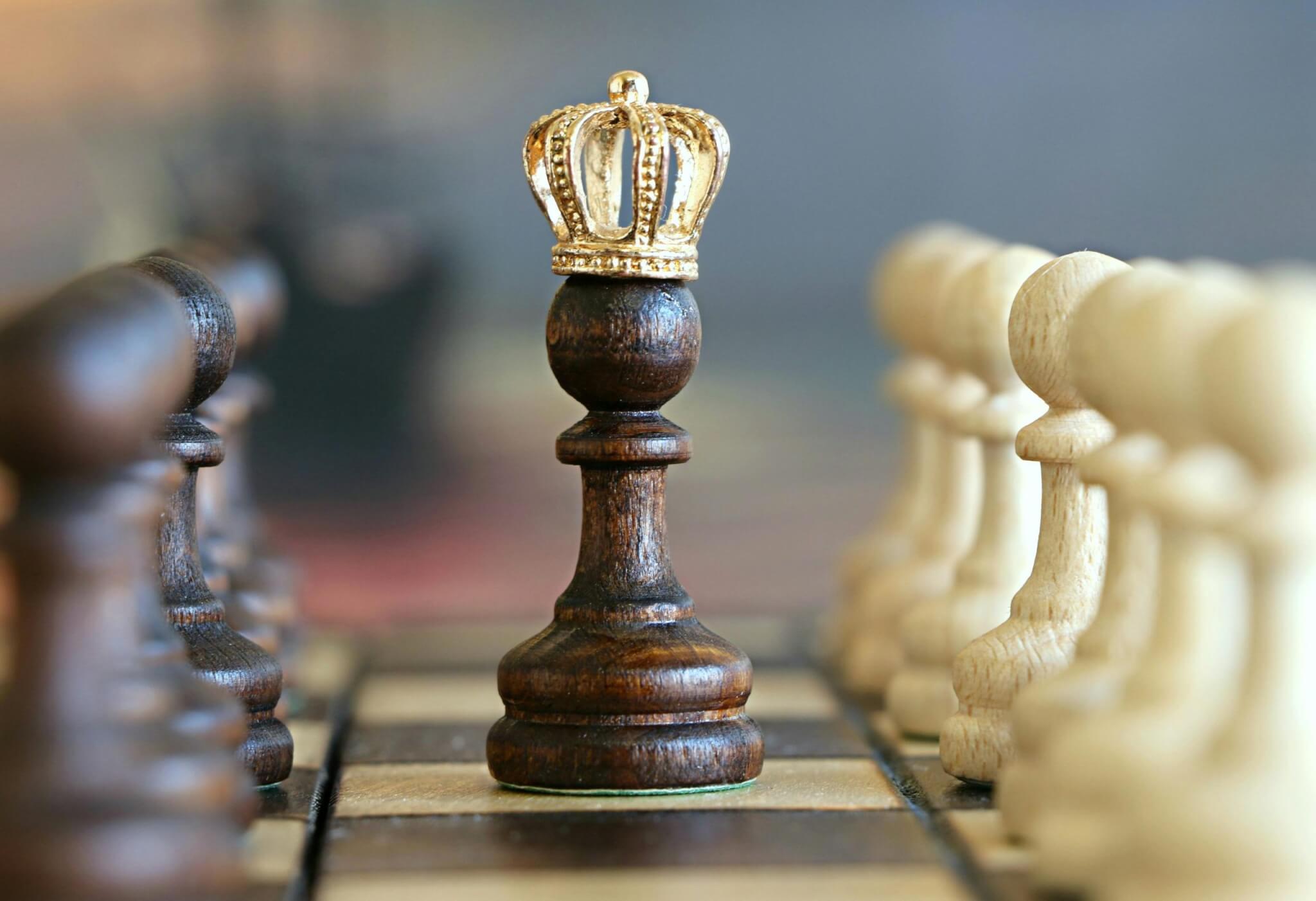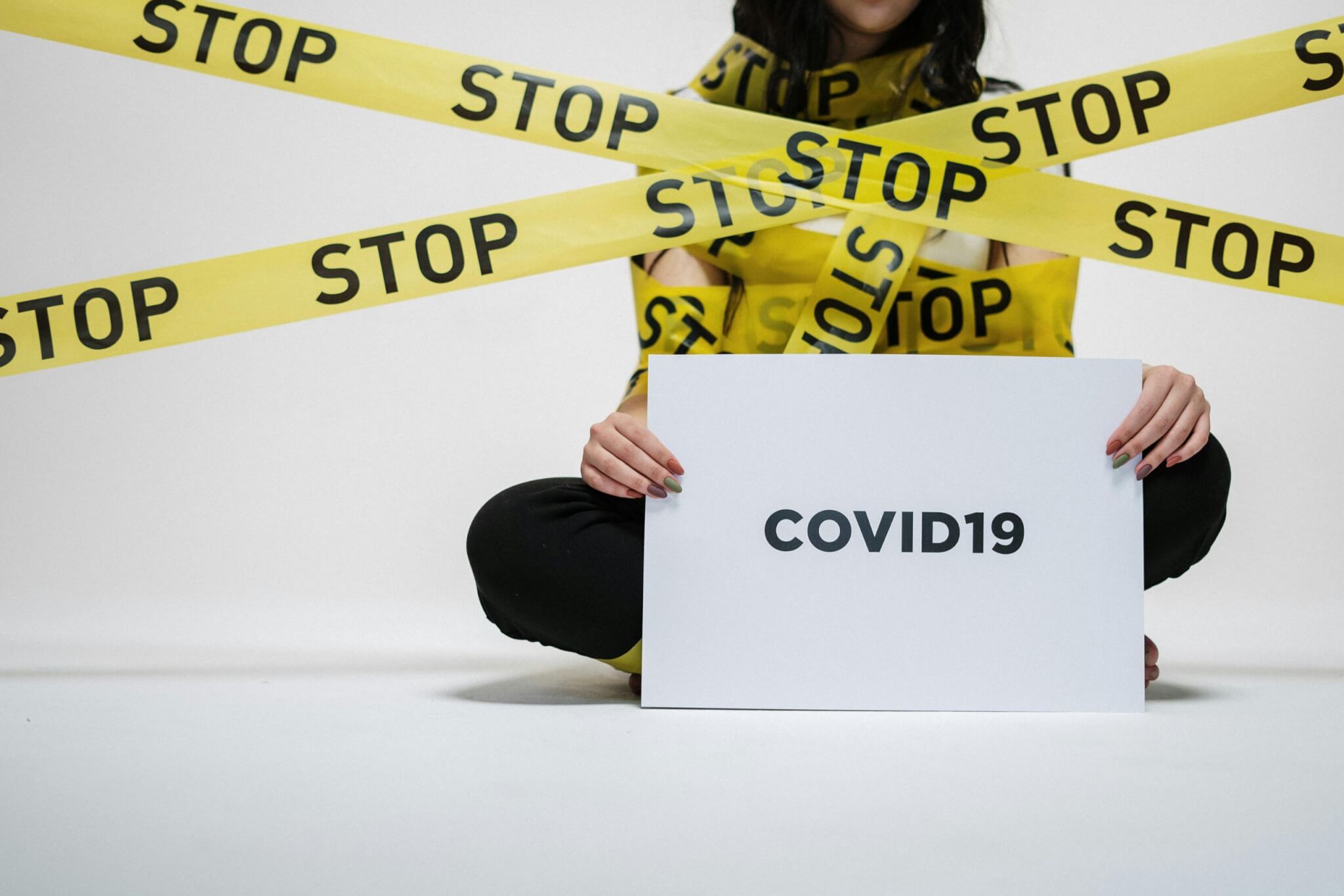“Through my experience with anorexia I have learnt that it is possible to work through trauma and regain control, and to accept myself for everything I am” – Amy, 26
I was 12 years old when I was diagnosed with anorexia nervosa. At the time this was a completely foreign term and one that took me another decade to finally acknowledge, begin to process, and then recover from. 16 years later I can proudly say I am in remission; the journey is still ongoing but when I look back at who I was and where I used to be, I can be kind to that little girl and not see her as the enemy.
What follows is an account of my experience with and recovery from anorexia nervosa.
Fasting as a means of control
As a child I struggled with eating, I was fussy and picky and found it difficult to eat certain foods which were out of my comfort zone. I never had school dinners and eating at friends’ houses was always a struggle because I found it hard not being able to control what I was being given. I feel that it’s important to note that these are reflections I have made in recovery, at the time it wasn’t a noticeable issue, merely a young child who was a picky eater. At 12 years old, when I went to high school things began to change and I was forced to adapt to a new environment, new people, and new experiences.
Looking back on my experience with an eating disorder, the one word that stands out to me is control. Control is defined as ‘the power to influence or direct people’s behaviour or the course of events’ – as the one thing that I felt I didn’t have external access to, I looked inwards to attempt to establish control.
The scales became my best friend and my worst enemy, I couldn’t go a day without stepping onto them to check my weight, and on the bad days I could barely go a few hours without watching them settle on a number which held such significance in my life for over a decade. If the number was too high, I would restrict myself and if the number was too low, I would have a moment of elation, followed by a wave of self-hatred which fuelled further restrictions. A never-ending cycle of restricting and exercising excessively allowed me to control my body, making myself thinner and thinner until I was barely more than skin and bone.
Doctors, disassociation and deception
My body became the physical embodiment of my trauma and a reflection of my pain, but I never thought I had a problem.
The weight loss gave me an illusion of strength, power, and control. The more I lost, the better I felt. When in reality each pound I shed came with more complications; I began to lose my hair and bone density, my nails and teeth became brittle, and I was losing consciousness due to malnutrition.
Family members and doctors became concerned for my physical health, I was severely underweight for my age, and they didn’t know what to do to help me. My parents were out of their depth, they did everything they could to encourage me to eat more, sleep more and build my strength, but through this I only took a more calculated approach. I would be seen to eat at the table for dinner and disguise my frame in baggier clothes, but behind closed doors there was no food being eaten and the exercising was obsessive to the point where I would collapse from exhaustion.
Working with my doctors a food diary was suggested to log my daily intake. I found this extremely difficult – seeing everything on paper was a trigger, one I learnt to dissociate from when I went to my appointments.
Around three years after my diagnosis my physical health was so bad that an ultimatum was given. Gain weight now or you will be made an inpatient.
At the time both concepts were abhorrent to me, if I gained weight, I wouldn’t be able to live with myself, but if I went inpatient, I wouldn’t have any control and I would be forced to eat by people I didn’t trust. This marked the beginning of one of the darkest times in my journey. I was able to maintain a weight deemed ‘safe’ by the practitioners and my parents were happy with my ‘progress’, but in reality I was spiralling deeper into depression, dissociating to manage daily life, and self-harming to try and feel something.
My lightbulb moment
This cycle continued for the next 7 years, until at 22 years old, 10 years since my first diagnosis, I was able to recognise and acknowledge that I was suffering from anorexia, and it was time to change.
When we talk about eating disorders, we’re often focused on the physical ramifications, however, in my experience, it is primarily a disorder of the mind. Obsessing over my weight and my food intake was my way of maintaining control, a control which gave me purpose but was ultimately killing me.
The acknowledgement was difficult and met with resistance, but I now had a healthy purpose and a reason to carry on even if I hadn’t consciously become aware of it at that time. I was able to slowly make changes and to accept the support I was being offered.
After years of obsessing over pro-ana websites (where anorexia is portrayed positively as a lifestyle choice rather than disorder and condition) , Pinterest boards and social media accounts which promoted an unhealthy and unrealistic representation of beauty, I rechannelled my energy into more productive activities. I read books which made me feel powerful, journaled regularly and found joy in the things I had once been afraid of.
My first positive experience with support was my introduction to the charity, Beat, an eating disorder charity which understood what I was going through and didn’t try to force changes. I got to choose when I was ready to make changes, and which changes to try…
This was a stark contrast to the experiences I had received previously with doctors and practitioners, who unfortunately had not been trained effectively in eating disorder care.
Working through the ‘why’
As a result of my experience with Beat, I felt comfortable enough to start work with my first therapist. I was terrified about opening up and speaking about this ‘thing’ I had protected for the past decade, and I had no idea how to even begin to address it.
One of the many revelations that came from therapy was that I had actually developed anorexia before I was 10 years old, although I was diagnosed at 12, the disordered patterns that led to this began long before.
Over the decade of actively battling my eating disorder the main question I would be asked was ‘why?’, and as is the case with a lot of mental illness, I just didn’t know.
I didn’t know why I was doing it; I didn’t know what was happening to me. I was told I was struggling with body image and body dysmorphia, and this had materialised into an eating disorder, so this was the script I relayed to everyone who asked me, and it was the answer I gave in my therapist’s room as though it was my truth.
It took a lot of work and recognition of past trauma to realise that my eating disorder was a physical materialisation of the control childhood abuse had taken from me. It was also a manifestation of my desperation to connect with something that I was able to protect entirely – a vulnerable and terrified inner child who needed me.
If you’ve experienced childhood abuse and need support, I’d highly recommend The National Association for People Abused in Childhood, who can be contacted via support@napac.org.uk or on 0808 801 0331.
Recovery
My recovery journey has not been easy, there have been relapses and times of hopelessness, and although it is a battle I will have to face every day, it is one I am now equipped to fight.
Through my experience I have learnt that it is possible to work through trauma and regain control, to accept myself for everything I am and to recognise the parts of my life which my eating disorder was fuelling.
This is still a work in progress., Every day I am learning more about the person I am and want to be, and this gives me hope for my future.
I do not feel thankful for my eating disorder or the experiences which caused it, but I am grateful for the opportunity to share my story and hopefully to reassure others that you are not alone, this is not your fault, and the fight is worth it.




